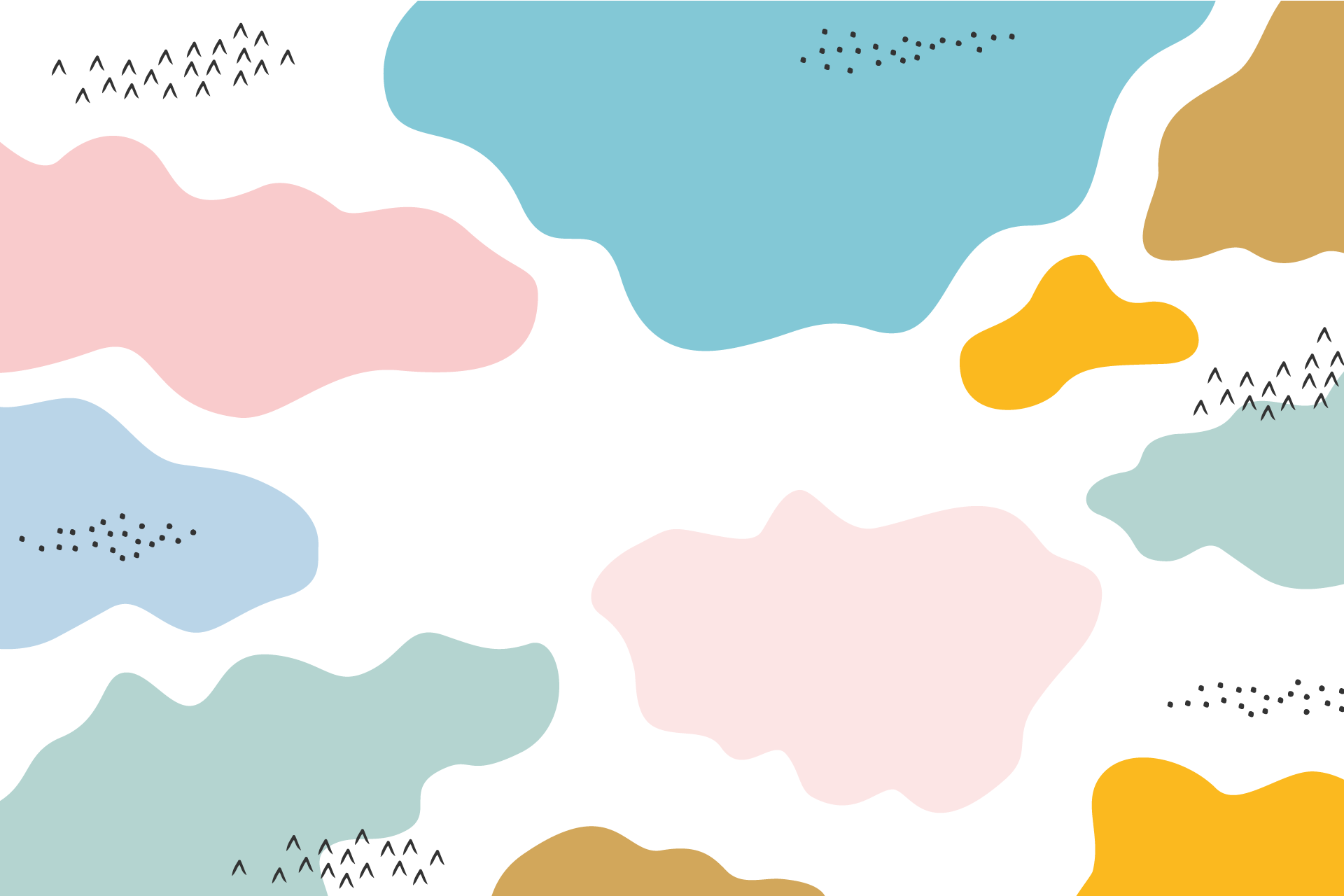BLOG: Indigenous Pedagogy in Teacher Education (IPED) Rovaniemi Workshop Handled Practical Questions and Research Needs in Saami Education
Written by Pigga Keskitalo, University of Lapland, Faculty of Education
Árran - The Achievements, Advancement and Recognition of Saami Education two-day workshop was held 15-16 April 2021 online and hosted by the University of Lapland. It gathered over 130 registered participants, which tells us that Saami education is a topic that interests many internationally and in Pan-Saami areas. More and more, there are obligations to different stakeholders to organise Saami education at different levels, and there is an urgent call for these actions as well.
The Saami concept Árran refers to the application of the concept that education concerns human actions and that those actions aim to develop learners-specifically children's and youths' learning terms-so that they have a strong foundation from which to learn, develop and produce research knowledge. Educators are always thinking about how to develop, solve and produce knowledge about practical questions in education so that it is possible to build meaningful learning for all learners. We are interested in thinking about how to make a place and room where empathy and care are used as resources in education so that the heart will be treated and nourished in the best way possible so that it may flourish. In the Indigenous education context, it is the use of healing practices and finding wind to the fire so that past experiences can be used as a basis for future recovery.
The conference started with the keynote of Doctor Rauna Rahko-Ravantti from the Sámi allaskuvla. Her talk was based on her doctoral study, where she developed a philosophical model of four doors to be applied in Saami education research and practical work. Her ideas arise from Indigenous healing models that aim to improve and transform communities and build a healthier future for Indigenous people. Saami education, like that of other Indigenous people and minorities worldwide, suffers from past educational practices that were not inclusive prior to the 1960s. The Saami education and Saami language teaching have started to develop little by little since the 1960s and 1970s. Currently, we talk about situations in which more attention is paid to developing one's own schooling models and curriculum and how to address the post-assimilation era. Researcher Hanna Helander from the University of Lapland presented one of the aims to improve Saami language teaching, namely Saami language distance education in Finland, and the research project studying that in her keynote.
The conference continued with presentations that aimed to discuss teacher education and revitalisation from various perspectives. We heard Professor Annika Pasanen from Sámi allaskuvla discuss endangered Inari Saami revitalization aims and the strategies that have been developed. Associate Professor Rauni Äärelä-Vihriälä presented Sámi allaskuvla teacher education programme that was started in 1989 and is conducted in the North Saami language. In Finland, Ketterä teacher education was presented by University Lecturer Marja-Liisa Olthuis from the Giellagas Institute at the University of Oulu. In Norway, teacher education has been started for the Lule and South Saami languages, and this was presented by First Lecturer Asbjørn Kolberg from Nord University, Norway. The session concluded with a presentation by University Lecturer Erika Sarivaara on Saami education courses at the University of Lapland. She described a course on Saami education that is required for every pre-service teacher in the Faculty of Education, giving a mainstream perspective on Saami education in Finland and increasing every student teacher's competency to teach Saami topics in their workplaces.

After a break, an open discussion aimed at determining the present research needs of Saami education was initiated. It was continued the next day and facilitated by Research Professor Rauna Kuokkanen from the University of Lapland. The second day also consisted of the keynote of Doctor Inker-Anni Linkola-Aikio from the Saami Archives. She presented the possibility of the Saami Archives functioning as a partner and the possibilities for archive research in Saami education and education research. Another keynote on the second day consisted of a talk by Professor Huia Jahnke from Massey University in New Zealand, where she described the key progress of Maori education as a good worldwide example of how to promote Indigenous education.
From the keynotes, discussions and actions that arose during those two days, I am convinced that robust processes have been established in different areas and that cooperation can help develop Saami education. The goal of Saami education is two-pronged. It aims to develop Saami children's learning conditions and revitalise and maintain Saami culture and languages, and at the same time be included in mainstream education so that everyone gains knowledge of Indigenous issues. These actions build equity and reject negative outcomes and effects.
To conclude, the general aim of the IPED project is to review and identify the Saami and Indigenous pedagogy research needs for northern teacher education contexts and to support the development of new research areas. These workshops are funded by the Joint Committee for Nordic Research Councils in the Humanities and Social Sciences' workshop grant from the Academy of Finland, as well as other Nordic research councils.
The next workshop on 16-17 August will be hosted by Umeå University. To find more information about the project and the upcoming workshop, please visit the project website.
Pigga Keskitalo works as a university researcher at the University of Lapland on several research projects. She is a member of the IPED project. More information can be found in her research profile.
